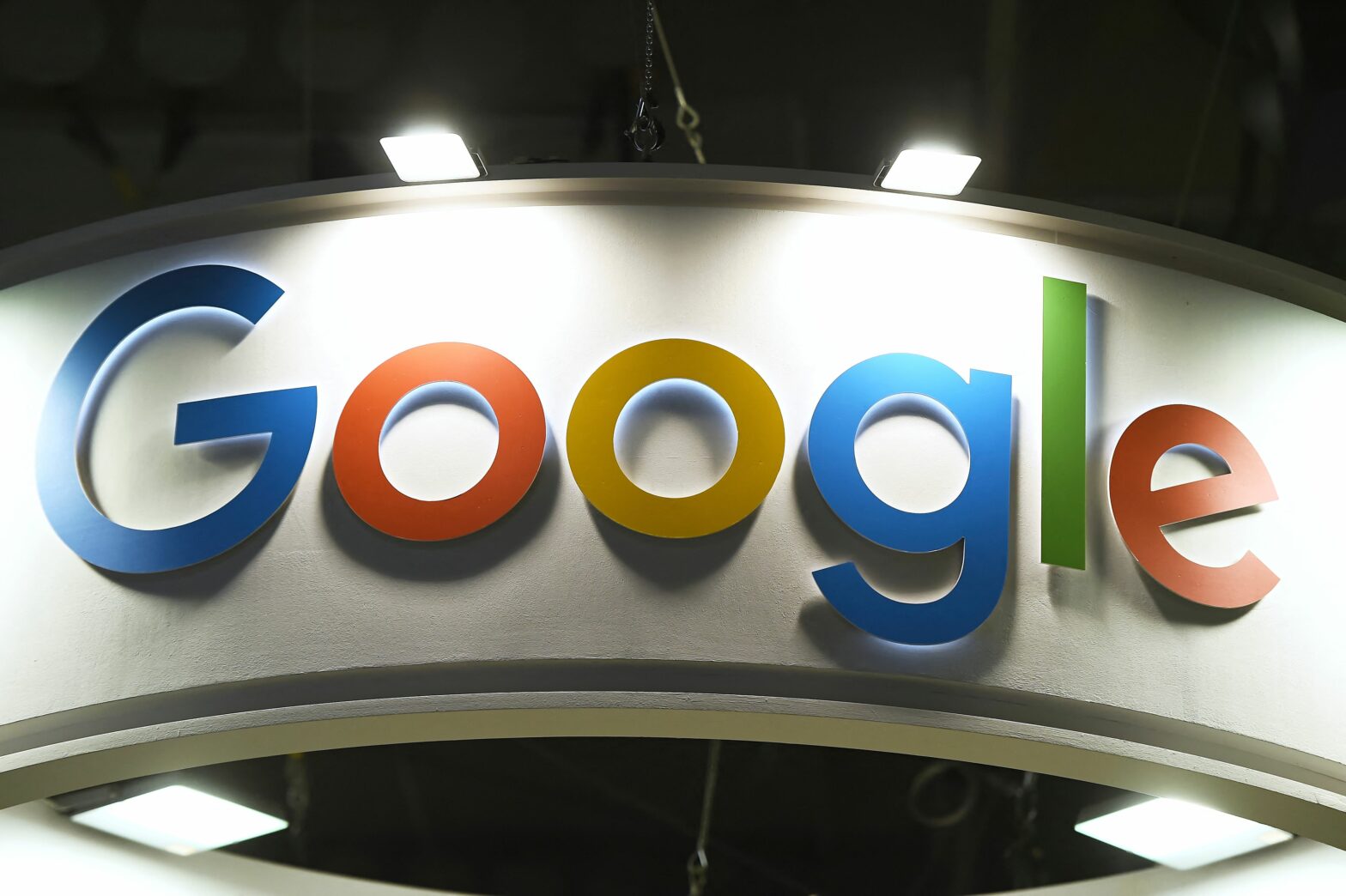Bard can be interacted with in a similar way to the Google search engine, with the chatbot able to access up-to-date information, unlike the ChatGPT algorithm, the capabilities of which are currently limited for events after September 2021.
A “Google it” button is provided for submission of queries, next to a blank box akin to the design of ChatGPT, and the software can namecheck sources for provided facts from sites such as Wikipedia.
In response to queries, a selection of three ‘draft’ answers will be provided. “We are very deliberate in using the word draft, because it implies it is incomplete,” said Google’s senior director of product, Jack Krawczyk.
The trial release follows its recent public debut, which made its own limitations evident through answering a question about NASA’s James Webb Space Telescope incorrectly.
Google is warning its users that the chatbot may share misinformation or display bias, with the bot reportedly working to learn from real-world information, which can contain biased viewpoints.
While LLMs [large language models, the technical name for the AI] are an exciting technology, they’re not without their faults… they can provide inaccurate, misleading or false information while presenting it confidently,” the company wrote in a blog post.
“For example, when asked to share a couple suggestions for easy indoor plants, Bard convincingly presented ideas…but it got some things wrong, like the scientific name for the ZZ plant.”
A health warning stating that Bard may “display inaccurate or offensive information” has been installed for trial users.
It’s also recommended that the chatbot is used as a “complement to search” for brainstorming ideas, as opposed to being treated as a replacement to the Google search engine.
To start with, Bard will be accessible for users over the age of 18 bases in the US and UK, with a date for public access yet to be confirmed.
The bot is a successor to an earlier model called LaMDa, which an engineer claimed to be sentient, before being suspended.
>See also: The role of ChatGPT in the future of customer service
Increased reach for ‘personal AI’
While not expected to be used as an alternative to Google’s search engine, Alec Boere, associate partner for AI and automation, Europe at Infosys Consulting sees signs that “Bard will replace the Google Search rankings in the long term”.
Boere commented: “Google launching ChatGPT rival Bard highlights just how widespread this technology is going to become. It’s a new way to have all the information at your fingertips, and it’s here to stay – much like the impact of the first wave of Google search.
“Bard will have the advantage in terms of reach, access to information and the type of media it offers, plus ChatGPT is often over-capacity. ChatGPT has more than 100 million users, Google has one billion daily active users.
“Bard may be a rival to ChatGPT, but the two will likely become companions to many in the future. The technology is drastically accelerating the ability to mimic human conversation. It could in time become our own ‘personal AI’, understanding what users want, and what options are available to them — becoming a bit like financial advisors, or holiday diary planners, for example.
“It’s all about helping people become more effective and efficient with their time. Even with Bard joining the fold, we’re only at the tip of the iceberg when it comes to exploring the potential of this AI.”
The waitlist for the trial version of Google’s Bard chatbot software can be joined here.
Related:
Mike Myer – ‘Generative AI is another huge transformation’ — Mike Myer, CEO and founder of Quiq, the AI-driven chatbot solution for customer service, whose clients include Nespresso, Wella and Spirit Airlines, believes that generative AI promises to change our world in the way the internet did back in the mid-1990s.
The challenge of using ChatGPT for search engines — Large language models (LLMs) such as ChatGPT may be emerging as complements for search engines, but there are still pitfalls to consider.










